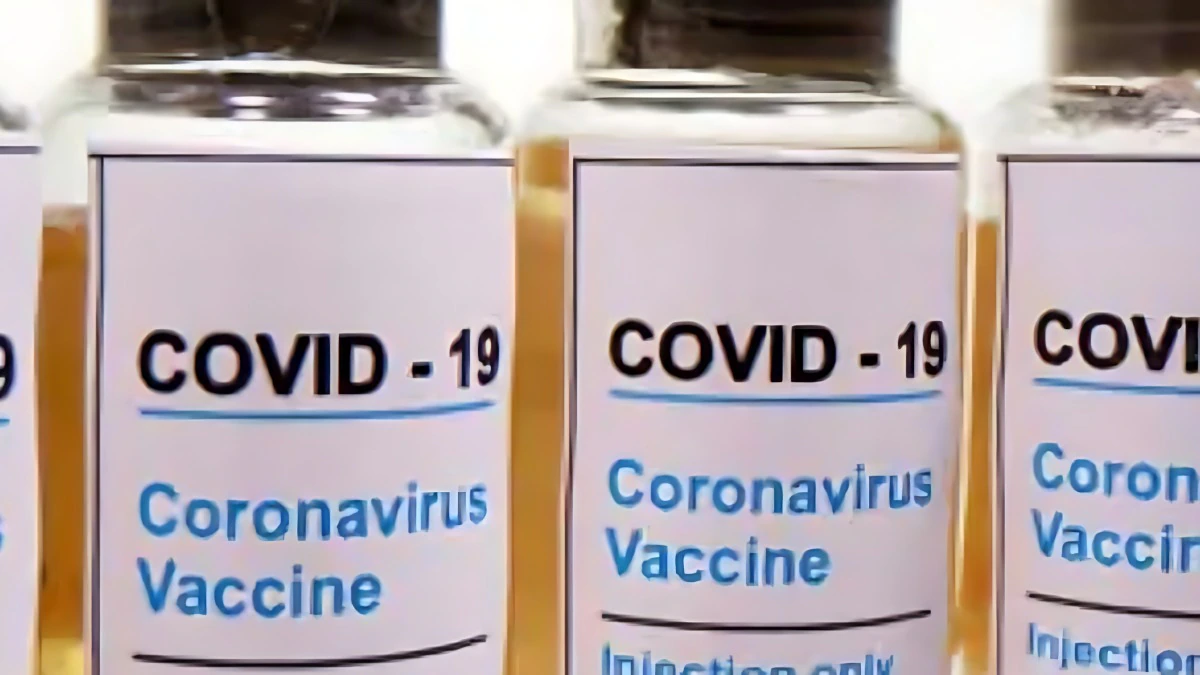Researchers have developed a groundbreaking vaccine with the potential to safeguard against a wide array of coronaviruses, including those not yet identified. This experimental vaccine, tested successfully in mice, signifies a shift towards “proactive vaccinology,” where vaccines are formulated and prepared for production before the emergence of potential pandemic viruses.
The vaccine functions by coupling harmless proteins from various coronaviruses with minuscule nanoparticles, which are then administered to prime the body’s immune defenses against potential virus invasions. By training the immune system to target shared proteins across diverse coronavirus strains, this vaccine offers broad protection against both known and unknown viruses within the same family.
Lead researcher Rory Hills from the University of Cambridge explains, “We’ve demonstrated that a relatively simple vaccine can elicit a broad response against different viruses, bringing us closer to our goal of preemptively creating vaccines before pandemics occur.”
Mouse trials revealed that the vaccine triggered a robust immune response against coronaviruses, including Sars-Cov-1, the virus responsible for the 2003 Sars outbreak, despite not directly including proteins from that virus. Details of this collaborative research between the universities of Cambridge and Oxford and the California Institute of Technology are published in Nature Nanotechnology.
Importantly, this universal coronavirus vaccine can be produced in existing microbial fermentation facilities. Hills emphasizes that the team is collaborating with industry partners to streamline the manufacturing process. The vaccine components can be produced separately and combined later, simplifying production.
However, proactive vaccinology poses regulatory challenges, as current medical procedures do not account for it. The researchers highlight the need to work with relevant authorities to establish protocols. If proven safe and effective in humans, one possibility is to administer this vaccine as a booster for Covid-19, providing additional protection against other coronaviruses.
Alternatively, countries could stockpile this vaccine, along with others targeting different pathogens, once approved. This strategic approach would ensure pre-existing vaccine reserves and a rapid scale-up plan in the event of a pathogen outbreak.
Professor Mark Howarth, a senior author of the study, underscores the necessity of advancing vaccine development beyond the reactive response seen in previous pandemics. “While scientists made remarkable strides in producing highly effective Covid vaccines during the last pandemic, global crises and significant fatalities persisted. We must strive for even greater preparedness in the future, which includes proactively building vaccines ahead of time.”















































